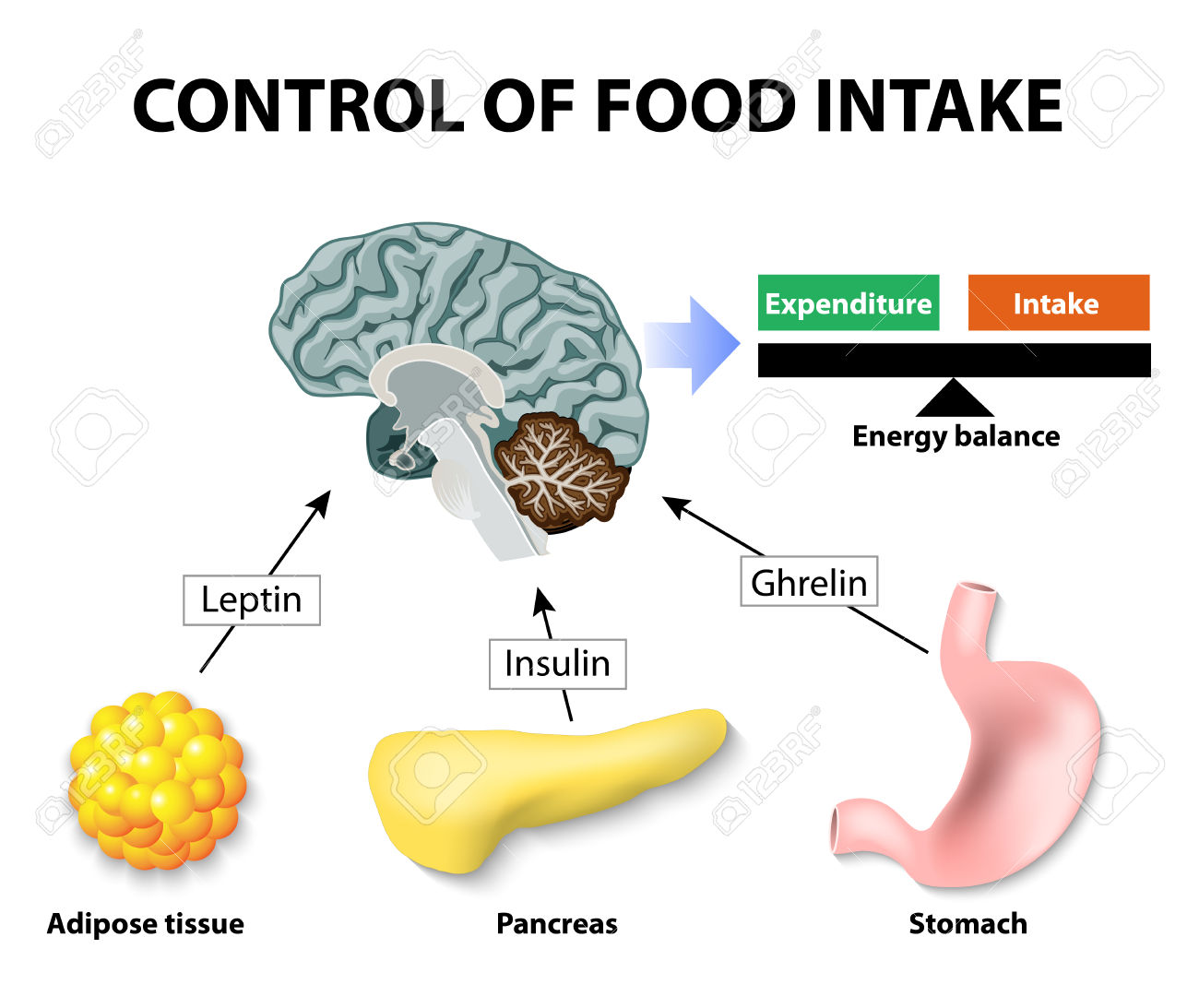
Neil A. Schwarz, B. Rhett Rigby, Paul La Bounty, Brian Shelmadine and Rodney G. Bowden
L’aumento del peso corporeo è molto spesso dovuto a numerosi fattori che sinergicamente subentrano per modificare il nostro metabolismo.
Le cause dell’aumento di peso
Non esiste un’unica causa, ma tra i fattori più importanti troviamo:
- i macronutrienti presenti nel regime alimentare;
- frequenza dei pasti;
- esercizio fisico;
- riposo;
- stress psicologico.
La regolazione degli ormoni del metabolismo
In particolare, questo documento si concentra su come la manipolazione di questi fattori può positivamente o negativamente influenzare alcuni dei più importanti ormoni che regolano il metabolismo dei grassi e l’assunzione e il controllo del cibo durante l’arco della giornata quali, grelina, glucocorticoidi (in particolare il cortisolo), insulina e leptina, e quindi a loro volta, possono contribuire a promuovere una perdita di peso senza un’eccessiva restrizione calorica, influenzando così anche il nostro stato di salute.
Department of Health, Human Performance and Recreation, School of Education, Baylor University, One Bear Place no. 97304, Waco,TX 76798, USA
Correspondence should be addressed to Rodney G. Bowden, rodney bowden@baylor.edu
Received 2 March 2011; Accepted 20 May 2011
Academic Editor: Andrea Buchholz
Copyright © 2011 Neil A. Schwarz et al. This is an open access article distributed under the Creative Commons Attribution License, which permits unrestricted use, distribution, and reproduction in any medium, provided the original work is properly cited.
The estimated prevalence of obesity in the USA is 72.5 million adults with costs attributed to obesity more than 147 billion dollars per year. Though caloric restriction has been used extensively in weight control studies, short-term success has been difficult to achieve, with long-term success of weight control being even more elusive. Therefore, novel approaches are needed to control the rates of obesity that are occurring globally. The purpose of this paper is to provide a synopsis of how exercise, sleep, psychological stress, and meal frequency and composition affect levels of ghrelin, cortisol, insulin GLP-1, and leptin and weight control. We will provide information regarding how hormones respond to various lifestyle factors which may affect appetite control, hunger, satiety, and weight control.
Scarica l’articolo
Regolazione degli Ormoni e perdita di peso
Condividi:
- Fai clic per condividere su Facebook (Si apre in una nuova finestra)
- Fai clic per condividere su WhatsApp (Si apre in una nuova finestra)
- Fai clic qui per condividere su Twitter (Si apre in una nuova finestra)
- Fai clic per inviare un link a un amico via e-mail (Si apre in una nuova finestra)
- Fai clic qui per stampare (Si apre in una nuova finestra)